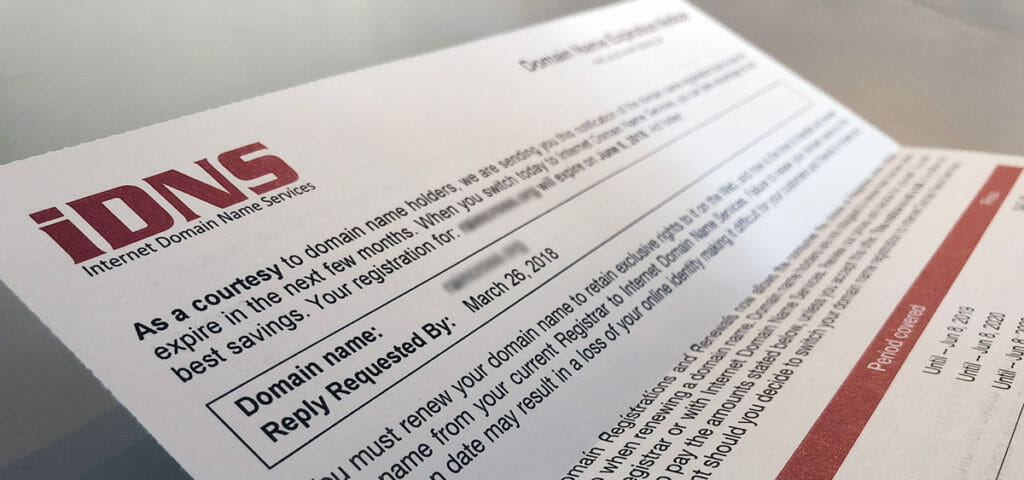
Voice-activated virtual assistants, such as Amazon Alexa and Google Home, are rising in popularity at breakneck speeds. This new reliance on home assistant devices is significantly impacting consumer shopping behavior, online search activity and traditional media consumption.
Backlinko recently did an extensive analysis of voice search ranking factors in which they examined 10,000 results delivered over the Google Home smart speaker. The study identified 11 factors that will help you appear in the home assistant’s results.
What Backlinko found confirms what many others have been saying, but a few surprises have thwarted conventional wisdom. Here is a paraphrased list of the study’s findings:
1. Google has made page speed an obviously high ranking factor. Backlinko found that the average voice search result page loads in 4.6 seconds, which was almost 2X faster than traditional web pages. This is not really surprising as Google has always valued fast loading speeds.
2. HTTPS websites dominate Google’s voice search results. In fact, nearly 3/4 of Google Home result pages are secured with HTTPS.
3. Google prefers short, concise answers to voice search queries. The typical voice search result is only 29 words in length; however Google sources voice results from long-form content.
4. Schema may not play a key role in voice search rankings. Although voice search result pages tend to use Schema slightly more often than your average web page, the difference is not significant. Roughly 36% of voice search results came from pages using Schema, meaning that 64% of voice search results donít use Schema at all. Therefore, it is unlikely that Schema has a significant impact on voice search rankings.
5. Authoritative domains tend to produce voice search results significantly more than non-authoritative domains. Google relies heavily on very authoritative domains for results, but pages not as much.
6. Content with high levels of social engagement tends to perform well in voice search. In fact, the average voice search result has 1,199 Facebook shares and 44 Tweets.
7. Simple, easy-to-read content may help with voice search SEO. The average Google voice search result is written at 9th grade level.
8. Very few voice results had the exact query in their title tag. Therefore, creating individual pages for each search query doesn’t appear to be an effective voice search SEO strategy.
9. The average word count of a voice search result page is 2,312 words. Therefore, Google tends to source voice search answers from long-form content.
10. Content that ranks highly in desktop search is also very likely to appear as a voice search answer. In fact, approximately 75% of voice search results rank in the top 3 for that query.
BONUS: Appearing in a Featured Snippet may help you rank in voice search. Roughly 41% of all voice search answers came from a Featured Snippet.
Virtual assistants are quickly emerging as an important consumer discovery tool and marketers need to take these platforms seriously and adapt accordingly. We are just starting to see the potential of home assistants. It’s hard to predict the future. But I have a strong feeling that these devices will soon siphon off some query volume. It is important to understand that SEO is always changing and that you need to evolve with them or risk being left behind.





About The Author: Kevin Watts
Kevin Watts is the founder of Raincross, a premier web design, development and digital marketing agency headquartered in Riverside, CA.
Kevin got his start in online marketing and website design by working for some of the most prominent names in online retail. He's most recognized for helping to start e-commerce retailer Organize.com in 1998, and spent 12 years running the company's e-commerce and online marketing operations. He has been recognized and has received several online retail, marketing and merchandising awards throughout his career.
Kevin grew up in Riverside, CA and graduated from the University of Wyoming. In his spare time, Kevin is an avid fly-fisherman, college football fan, and enjoys spending time with his son Matthew, daughter Kate and wife Lindsey.
More posts by Kevin Watts